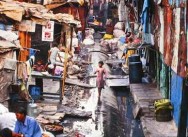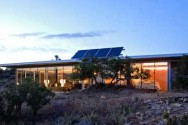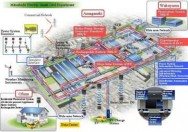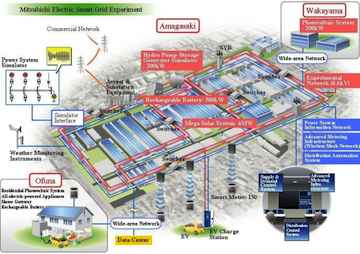
Slums – testbeds for new ways of living
We should not romanticise slums, but informal settlements can teach us a lot about society and the economy of resources.
Its amazing , for example, how most of us who live in cities, pay lip service to recycling – doing a bit here and there – consisting mainly of throwing bottles into the correct colored bag for the garbage disposal company to deal with.
The informal settlements of the global south could not be further removed from the financial centers where most of us spend our lives. But recycling is something that slum inhabitants do naturally, without expensive schemes.
In the slums you can find a whole new social geography … re-focus on adaptation and reuse and using scarcity as a resource to highlight the aspects that function better than the formal city around it.…


 Shoes, ladies I know you think about them a lot, and some of you guys too, but how many of you wear shoes that would let you down in an emergency situation? Ladies I talking about running around in high heels, or little flip flop sandals…
Shoes, ladies I know you think about them a lot, and some of you guys too, but how many of you wear shoes that would let you down in an emergency situation? Ladies I talking about running around in high heels, or little flip flop sandals…






